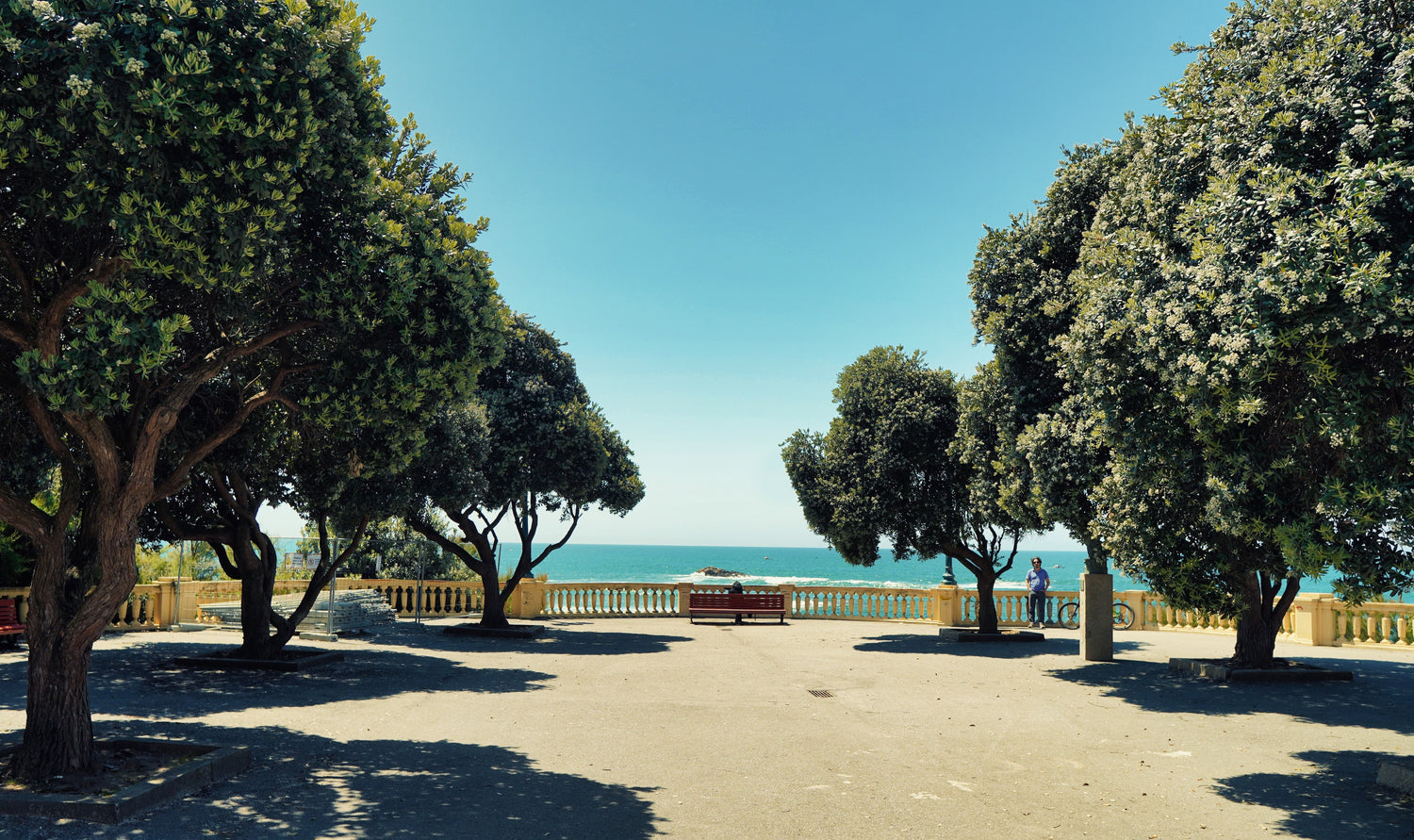Why Organic Cotton?
Here at Slycker we set out to produce style-driven golfwear whilst minimising our impact on the environment. Currently, the vast majority of modern sportswear is made from non-biodegradable polyester-blend materials that will still be kicking about long after our grandkids have hung up their clubs. And let's be honest, whilst performance-wear might help Tiger with his marginal gains, it offers little to help your casual Sunday golfer. With that in mind, we turned to organic cotton for our polo shirts, in our view the most sustainable alternative option. Here's why:
Organic cotton is cotton grown in agricultural systems that work with rather than against nature. It offers an alternative model for more sustainable, regenerative cotton production supporting both farmers and the environment. Organic farming systems have the potential to sustain and promote the health of soils, ecosystems, and people by relying on ecological processes, biodiversity, and cycles that are adapted to local conditions rather than using external inputs that could have adverse effects.
To sum up:
The Environmental Argument
- Grown without the use of synthetic pesticides and GMO seeds
- Requires significantly less water
- Supports greater soil health and biodiversity
The Economic Argument
- Provides farmers with an improved income through premium payments
- Supports the productivity of land for future generations
The Golfing Argument
- All our golf polo shirts are seasonless and made to last
- The 12 gauge knit is airy in the summer and provides a warm base layer in the winter
Why Portugal?
Portugal is a global hub of manufacturing with around 5,000 businesses covering all sub-sectors of the textile industry. Costs tend to be higher compared to locations in South and East Asia, but we think it's worth it for the following reasons;
- Ethical Labour: High transparency on working conditions
- Qualified Workforce: Well developed textile industry
- Quality: Higher standard of finished product
- Raw Materials: Wide range of sustainable raw materials
- Proximity to UK: Lower transport emissions


